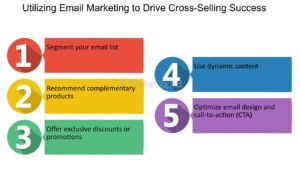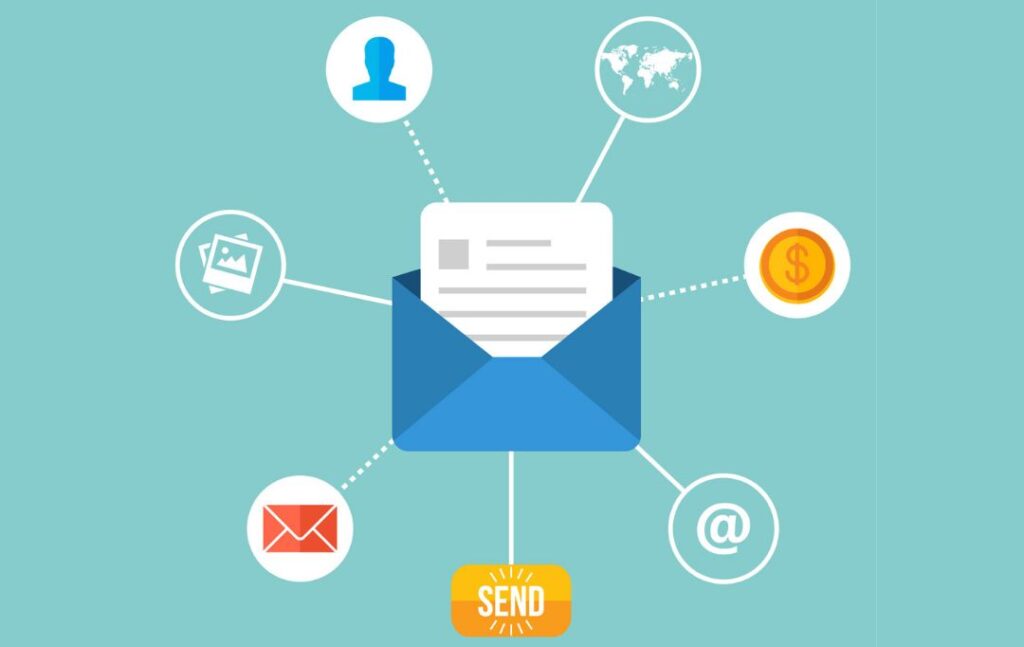In today’s digital age, where every business competes for consumer attention, mastering the art of customer engagement is crucial for success. While social media, content marketing, and other digital strategies play significant roles, email marketing remains one of the most effective tools for engaging customers. With its ability to reach a targeted audience directly in their inboxes, email marketing continues to be a powerful driver of customer engagement for businesses of all sizes.
Understanding Customer Engagement
Before delving into the intricacies of email marketing, it’s essential to understand what customer engagement entails. Customer engagement goes beyond mere transactions; it fosters a connection between the customer and the brand. Engaged customers are likelier to interact with a brand, remain loyal, and advocate for it among their peers.
Engagement can take various forms, including opening emails, clicking on links, sharing content, providing feedback, and making purchases. A successful email marketing campaign aims to elicit these actions from subscribers, ultimately nurturing stronger relationships and driving business growth.
The Power of Email Marketing
Email marketing offers several distinct advantages that contribute to its effectiveness in driving customer engagement:
-
Direct Communication:
Provide informative and engaging information that makes readers’ lives better. Unlike social media platforms, where algorithms determine the visibility of content, emails land directly in subscribers’ inboxes, ensuring they have the potential to be seen and engaged with.
-
Personalization:
Effective email marketing involves personalizing content based on subscriber preferences, behavior, and demographics. By segmenting email lists and crafting targeted messages, businesses can deliver relevant content that resonates with individual subscribers, increasing the likelihood of engagement.

-
Automation:
Automation tools enable businesses to streamline email marketing efforts by scheduling campaigns, sending personalized messages based on triggers, and nurturing leads through automated workflows. Automation saves time and ensures consistent communication with subscribers, keeping them engaged.
-
Measurable Results:
Email marketing platforms provide valuable insights into campaign performance, including open rates, click-through rates, conversion rates, and more. By analyzing these metrics, businesses can gain valuable insights into subscriber behavior, preferences, and areas for improvement, allowing them to refine their strategies for better engagement.
Strategies for Driving Customer Engagement Through Email Marketing
To leverage email marketing effectively for customer engagement, businesses can implement the following strategies:
-
Build a Quality Email List:
Focus on building a quality email list of subscribers who willingly opt to receive communications from your brand. Offer incentives such as discounts, exclusive content, or access to resources to encourage sign-ups and attract engaged subscribers.
-
Create Compelling Content:
Provide informative and engaging information that makes readers’ lives better. Whether it’s informative articles, product updates, exclusive offers, or personalized recommendations, ensure that your emails provide meaningful content that resonates with your audience.
-
Personalize Messages:
Utilize data and segmentation to personalize email messages based on subscriber preferences, behaviors, and demographics. Address subscribers by name, recommend products based on past purchases and tailor content to reflect their interests and preferences.
-
Optimize for Mobile:
With most email opens occurring on mobile devices, optimizing email campaigns for mobile responsiveness is essential. Ensure that emails render well on various screen sizes and devices to provide a seamless user experience for mobile users.
-
Test and Iterate:
Continuously test different elements of your email campaigns, including subject lines, content, CTAs, and sending times, to identify what resonates best with your audience. Use A/B testing to compare variations and iterate based on the results to improve engagement over time.
-
Nurture Customer Relationships:
Focus on building long-term relationships with subscribers by nurturing them through relevant and timely communication. Engage with subscribers beyond promotional messages by soliciting feedback, providing valuable resources, and fostering a sense of community around your brand.



